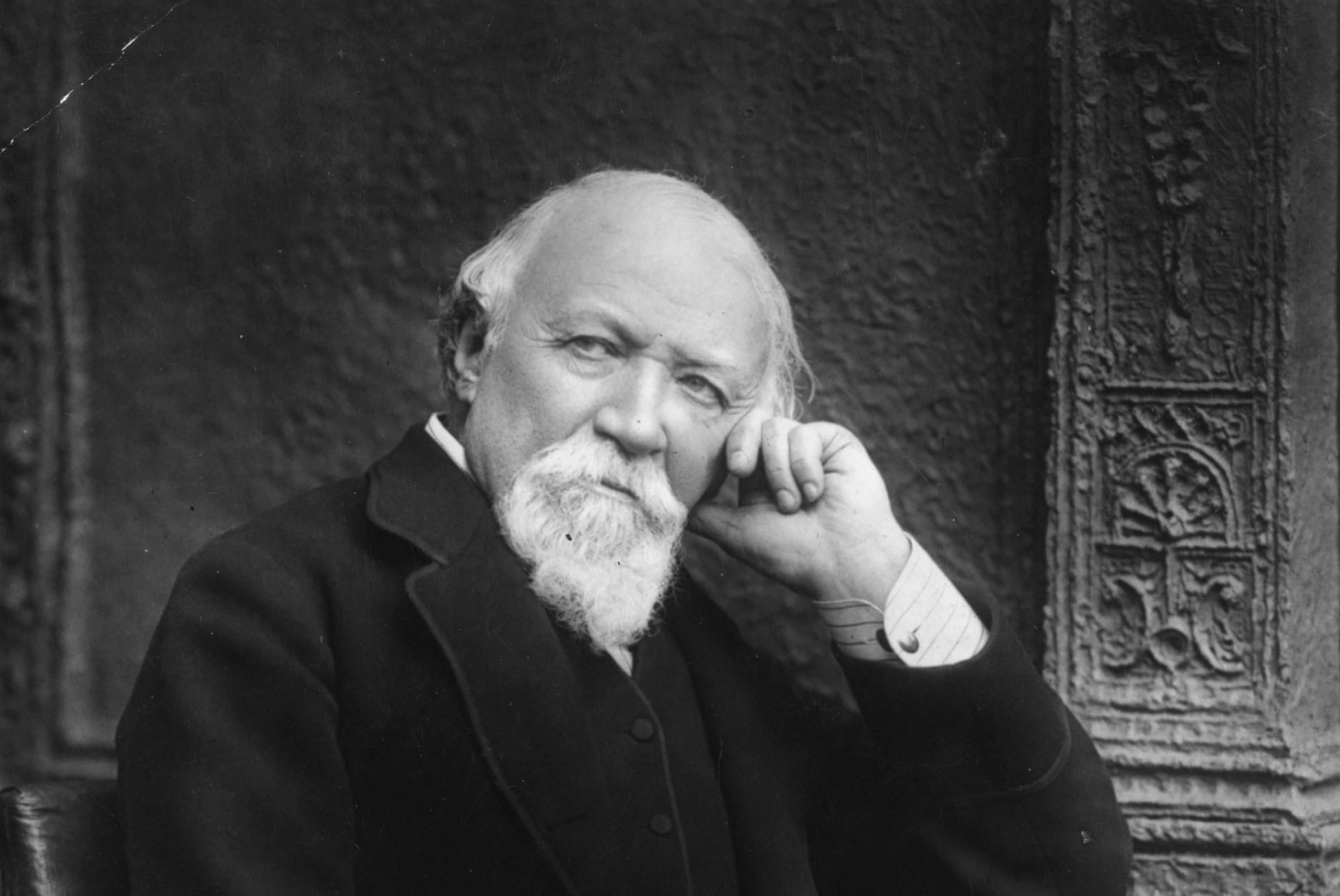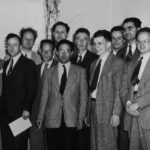Delving into the Life of a Botanical Trailblazer
Ready for a deep dive into the captivating world of Robert Brown, a Scottish botanist whose discoveries still resonate in modern science? His work continues to shape our understanding of the natural world, from the tiniest particles to the complex life cycles of plants.
From Scotland to the Seven Seas: Brown’s Journey Begins
Brown’s story begins in Montrose, Scotland, where his passion for plants took root at the University of Edinburgh. His thirst for knowledge led him on an extraordinary adventure aboard Matthew Flinders’ expedition to Australia. Imagine sailing to a largely unknown continent and discovering over 3,400 plant species! This voyage dramatically expanded our knowledge of Australian flora, and Brown’s contributions to botany were just beginning.
The Microscopic Waltz: Unveiling Brownian Motion
Picture this: It’s 1827, and Brown is peering through his microscope, observing pollen grains suspended in water. Suddenly, he notices something peculiar – the tiny particles are engaged in a ceaseless, random dance. This wasn’t just an optical illusion; it was Brownian motion, a discovery that sent ripples through the scientific community. This constant jiggling, he realized, suggested that the pollen grains were being jostled by something even smaller. This observation provided some of the first tangible evidence for the existence of atoms and molecules, a concept that was still under debate at the time. Brown’s discovery laid the groundwork for the development of kinetic theory, revolutionizing our understanding of how matter behaves at the molecular level.
The Cell’s Command Center: Identifying the Nucleus
But Brown wasn’t finished astounding the scientific world. He was also among the first to identify the cell nucleus, a pivotal discovery in the development of cell theory. While studying plant cells under his microscope, Brown noticed a distinct, opaque area within each cell. He recognized this structure, which he termed the “nucleus,” as a central component of plant cells, suggesting its critical role in cell function.
The Intricacies of Plant Life: Unlocking Reproductive Secrets
Remember those thousands of plant species Brown collected in Australia? He didn’t just catalog them; he dove deep into their biology. Brown’s meticulous research on plant pollination and fertilization processes was groundbreaking, laying the foundation for our understanding of plant reproduction. His work helped to unravel the complexities of how plants make more plants, a fundamental process for life as we know it.
Beyond the Microscope: Fun Facts About Robert Brown
- A Global Legacy: Brown’s impact extends far beyond his impressive resume. He was a Fellow of the Royal Society and the Linnean Society, with countless plant species and even the phenomenon of Brownian motion named in his honor. His work continues to inspire scientists across various fields, a testament to the enduring power of his observations.
- A Challenging Expedition: Digging deeper into Brown’s life reveals a man of remarkable resilience and determination. He endured harsh conditions and uncharted territories during his Australian expedition, driven by an insatiable curiosity about the natural world. His experiences underscore the challenges and rewards of scientific exploration.
- Modern-Day Applications: Remarkably, Brown’s discoveries are still highly relevant today. Brownian motion pops up in fields ranging from nanotechnology to environmental science, proving that his work was truly ahead of its time.
Exploring the Educational Journey of a Scientific Pioneer
Where did this botanical trailblazer’s journey begin? To understand the foundation of Brown’s groundbreaking discoveries, we must trace his educational path.
From Montrose to Aberdeen: Early Influences
Robert Brown’s fascination with the natural world likely began in his hometown of Montrose, Scotland. His early education at Montrose Academy undoubtedly nurtured this interest, setting the stage for his future pursuits.
In 1789, Brown enrolled at Marischal College in Aberdeen as a prestigious Ramsay scholar. Although family circumstances forced him to withdraw before graduating, his academic potential was evident. This period likely exposed him to a more rigorous academic environment, further solidifying his intellectual curiosity.
The University of Edinburgh: A Turning Point
Brown’s passion for botany flourished at the University of Edinburgh. Despite initially enrolling in medicine, he gravitated toward the world of plants, inspired by renowned botanists like John Walker, whose lectures he attended. He also corresponded with prominent figures in the field like William Withering, exchanging knowledge and collecting specimens. This proactive engagement with leading botanists undoubtedly shaped his understanding and fueled his desire to explore the intricacies of plant life.
Self-Made Botanist: Overcoming Obstacles
Interestingly, Brown never actually completed a formal degree. However, his natural curiosity, combined with the mentorship he received at the University of Edinburgh, proved to be a powerful combination. Brown’s story highlights the importance of self-directed learning and seeking knowledge beyond the confines of formal education.
Robert Brown’s Enduring Impact: A Legacy of Discovery
From the tiniest particles to the complex world of plant reproduction, Robert Brown’s discoveries have reshaped our understanding of life itself. His meticulous observations and groundbreaking findings continue to inspire awe and wonder, encouraging us to ask questions, challenge assumptions, and explore the mysteries of the natural world. Who knows what other amazing discoveries await, fueled by the pioneering spirit of Robert Brown?
Explore the lives of other fascinating figures who shaped our world:
- Facts About Katherine Johnson: Delve into the life of this brilliant mathematician who played a crucial role in NASA’s space missions.
- Facts About Bill Clinton: Discover the captivating story of the 42nd President of the United States.
- Facts About John Nash: Explore the world of this renowned mathematician and Nobel laureate.
- Unlock Elemental 2 Secrets: Actionable Insights Now - April 2, 2025
- Lot’s Wife’s Name: Unveiling the Mystery of Sodom’s Fall - April 2, 2025
- Photocell Sensors: A Complete Guide for Selection and Implementation - April 2, 2025
















